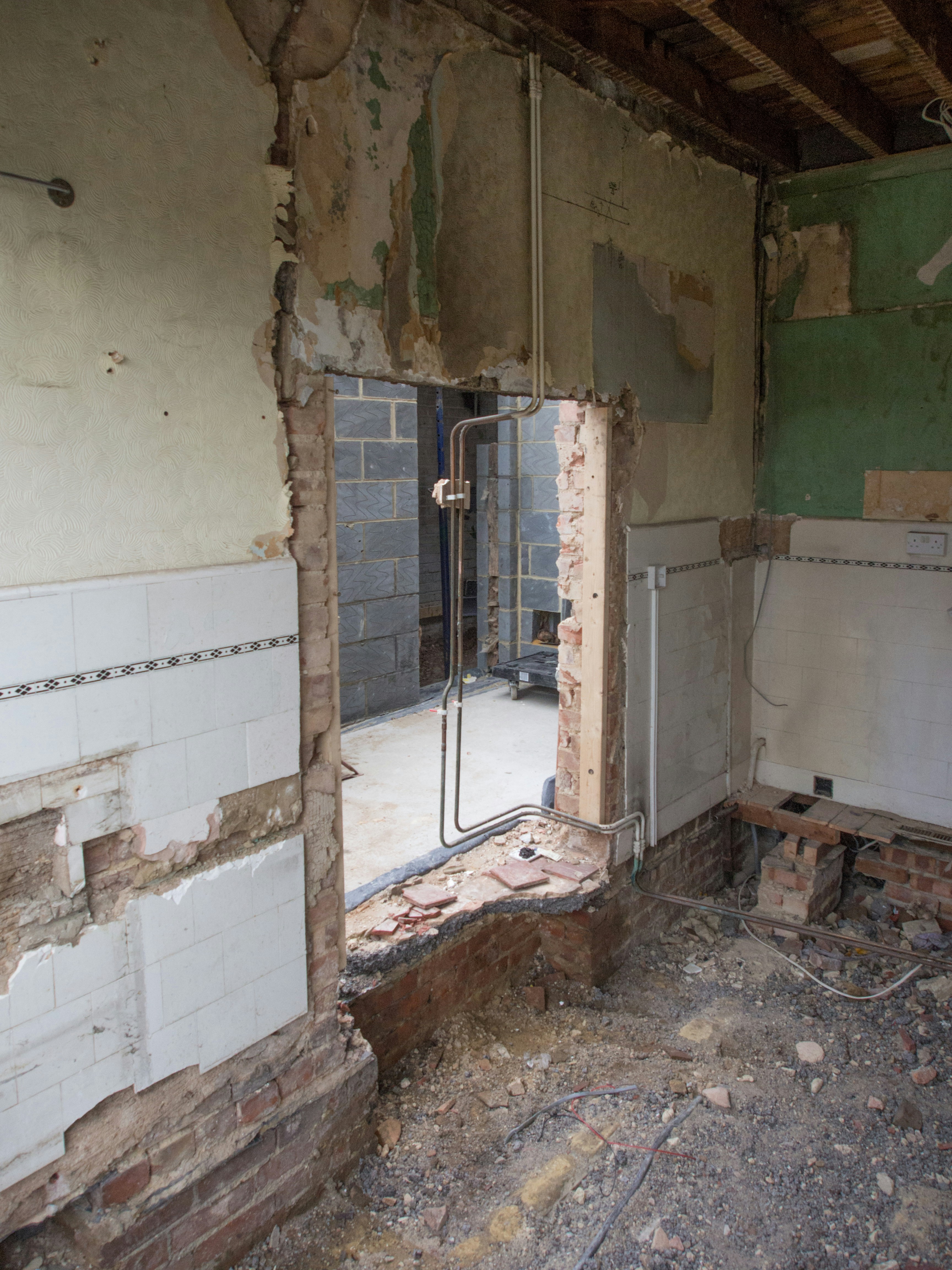The Party Wall Act of 1996 is an important piece of legislation for homeowners in England and Wales who are planning to carry out certain types of renovations or construction work. It’s designed to protect both the property owner and their neighbours from potential disputes.

But when is it needed and when is it not? Here's what homeowners need to know before renovating:
1. What Is the Party Wall Act?
The Party Wall Act applies to work that affects shared walls, boundaries, or structures between two properties. If you're planning renovations that might affect the common boundary or shared structures, this Act could apply to you. The Act mainly deals with:
2. When Does the Act Apply?
The Act comes into play for work that:
3. Do You Need to Serve a Party Wall Notice?
Yes, if your proposed work falls within the scope of the Act, you need to formally notify your neighbours in writing at least 2 months before the work begins (1 month for certain types of work). The notice should include:
4. Types of Notices
There are different types of notices depending on the nature of the work:
5. What Happens If You Don’t Get Permission?
If you fail to serve the correct notice, or your neighbour objects, you could face:
6. What Happens If Your Neighbour Objects?
If your neighbour disagrees with the proposed work or how it will affect them, they can:
7. Party Wall Award
If there are disputes or if an agreement can’t be reached, a Party Wall Surveyor will create a Party Wall Award. This document will:
8. Costs
Generally, the homeowner planning the work pays the costs of the surveyor and any associated fees. If the neighbour requests specific conditions, they may also need to cover some of the costs. Always clarify the financial arrangements early on to avoid misunderstandings.
9. How Long Does the Process Take?
The process can take several weeks (or more), especially if there are disagreements. It's important to factor this time into your renovation schedule to avoid delays.
10. What Work Is Not Covered?
The Act doesn’t cover all types of work:
Key Takeaways:
By following the guidelines of the Party Wall Act, you can avoid legal issues, prevent disputes with your neighbours, and ensure your renovation goes smoothly!